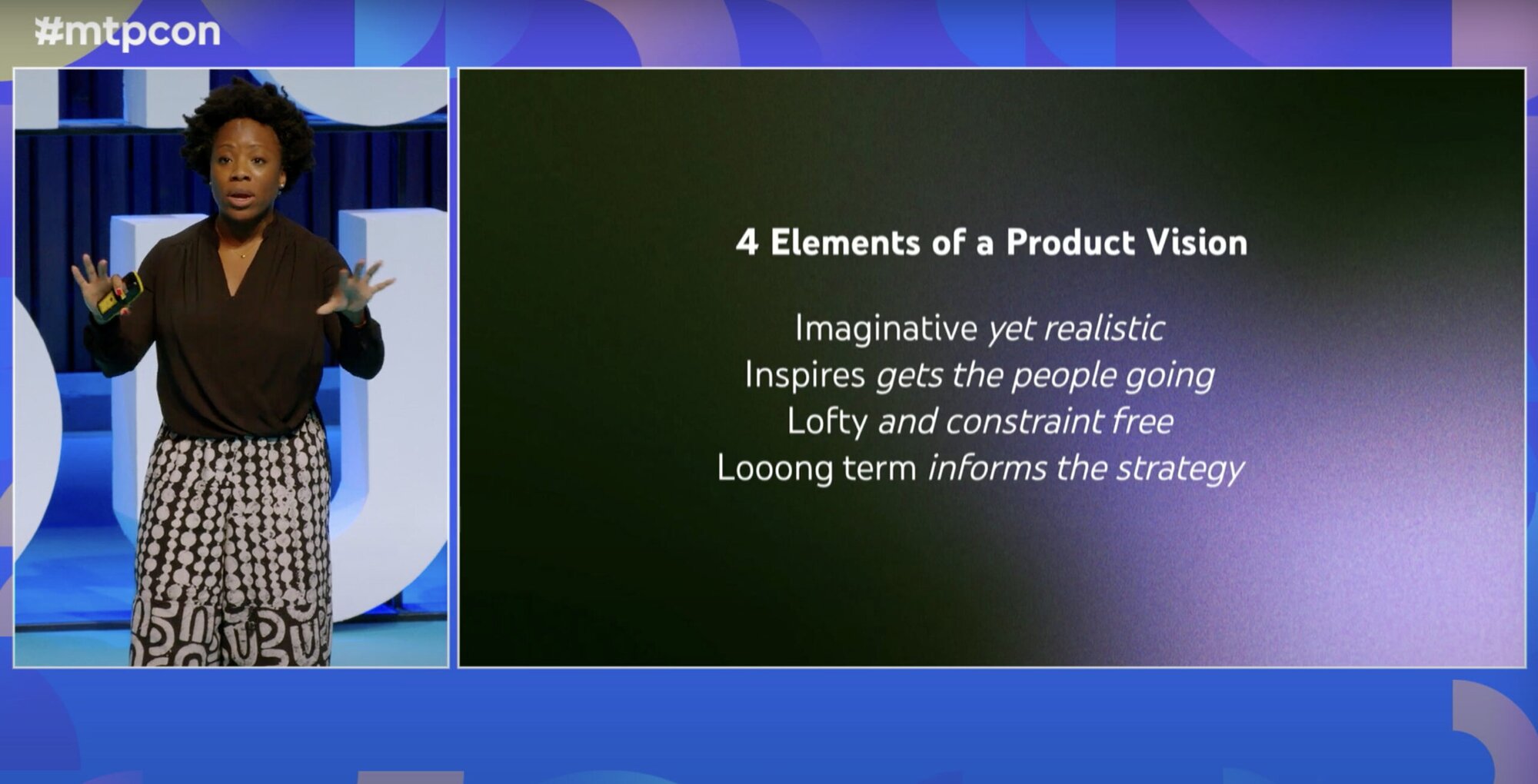Product Leadership coach Phil Hornby delivered a compelling talk at ProductTank Porto, provocatively titled "Your Roadmap Sucks." Phil challenged conventional product practices by dissecting the common pitfalls in product roadmaps. Watch the video in full, or read on for a quick recap.
Why most roadmaps fail
Phil wasted no time in asserting that almost every product roadmap has significant flaws, boldly stating, “I can pretty much say that in any room I ever go into because it’s true in pretty much every product company out there.” According to Phil, roadmaps suffer primarily due to being "poorly defined," "incomplete," and "poorly communicated and aligned."
He explained that roadmaps often bear too many responsibilities: they’re expected to set long-term strategy, provide detailed feature timelines, and serve as a storytelling tool. This scattergun approach results in roadmaps that fail to serve any purpose effectively.
The role of risk management and alignment
Hornby highlighted the role of risk management in product. "If you did not know this yet as a product manager, your job is to manage risk." He advocates for a roadmap focused on managing feasibility, value, and usability risks with iterative adaptations.
He also pointed out a recurring disconnect between product teams and company strategy, noting that “almost universally the answer I get back is no" when asking teams if they know their company strategy. Addressing this gap is important to align and delivery products successfully.
Engaging and audience-specific communication
The value of a product roadmap lies largely in its communication and visibility. This includes tailoring it to different audiences. "Who is the audience of your roadmap?" Phil questioned, underlining the necessity of customising the roadmap for executives, development teams, and external stakeholders.
Phil explained that engagement doesn't stop at presentation; effective roadmaps need frequent updates. Regular communication to remind stakeholders of the strategic direction ensures alignment, even if this process feels repetitive to the presenter.
Design for engagement
The aesthetic presentation of a roadmap isn't just about looking good—it's pivotal for engagement. "Poor design," Phil remarked, leaves roadmaps ineffective. Drawing from research and practical experience, he suggested alternatives to traditional formats, like the "radar" and "opportunity solution tree," which better engage and make stakeholders think critically.
A path forward
Phil’s talk was both a call to action and a guide for product managers to rethink and improve their roadmaps. His philosophy is clear: “Focus on getting better, not on doing perfect product.”
By ensuring roadmaps are well-defined, product teams can better navigate development and delivery.
The closing thoughts from Phil’s talk was clear, roadmaps should evolve beyond being static plans—they should be dynamic communication tools that enhance alignment, guide action, and ultimately drive business outcomes.
Discover more great content on Product Roadmaps






